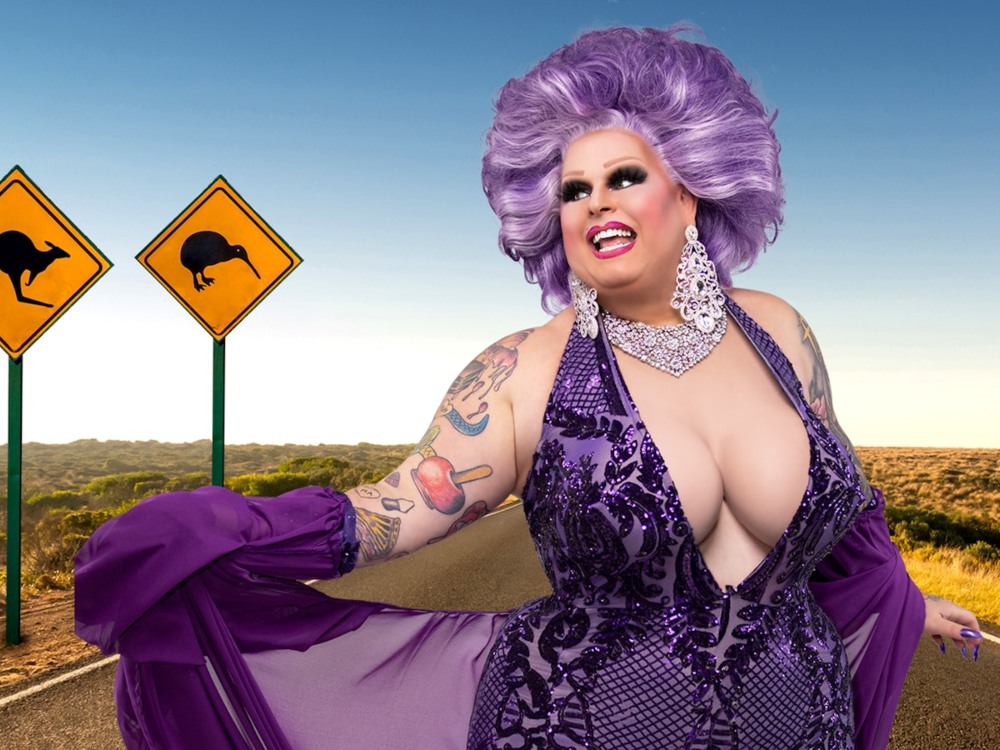As the Democratic Party begins to look beyond the current administration, one rising star is igniting conversation not just for his policies, but for what his candidacy could represent. Could America be ready to elect its first openly gay president?
Former Transportation Secretary Pete Buttigieg, who made history in 2020 as the first openly gay major presidential candidate, is once again near the top of Democratic voters’ wish lists for 2028. In a recent Yale Youth poll surveying 4,100 registered Democratic voters, Buttigieg came in third with 14% support, trailing only Vice President Kamala Harris (28%) and Representative Alexandria Ocasio-Cortez (21%).
Though he didn’t secure the nomination in 2020, Buttigieg’s profile has grown significantly since. His articulate, measured approach to public policy—and his ability to calmly dismantle right-wing arguments—has earned him praise from both moderates and progressives. As U.S. Secretary of Transportation, he became a key figure in the Biden administration’s infrastructure efforts, further establishing his credentials as a capable national leader.
His rising popularity raises a historic possibility: that the United States could see its first openly gay president in 2028.
A Trailblazer in a Crowded Field
Buttigieg’s candidacy stands out not just because of who he is, but because of what he represents. In a political climate where identity often intersects with policy, his visibility as a gay man—and his ability to navigate mainstream politics—has broken barriers that once seemed insurmountable.
While other names in the poll also carry significant support—such as Kamala Harris and AOC—Buttigieg’s run would mark a profound milestone in American history. His 2020 campaign already paved the way, proving that a gay candidate could compete seriously on the national stage. Now, with broader name recognition and executive experience, his chances may be even stronger.
A Shift from the Establishment
The poll also reveals a shift away from more traditional, older Democratic leaders. California Governor Gavin Newsom, once a rising progressive star, now holds only 6% support, potentially due to controversial podcast appearances with far-right figures like Steve Bannon and Charlie Kirk. Others polling lower include Pennsylvania Governor Josh Shapiro (5%), Arizona Senator Mark Kelly (4%), and a quartet of names tied at 3%: Illinois Gov. JB Pritzker, Michigan Gov. Gretchen Whitmer, Kentucky Gov. Andy Beshear, and entrepreneur Mark Cuban.
This generational shift in voter preferences may signal that Democrats are ready for something — and someone — new.
Representation That Resonates
The possibility of a gay president isn’t just symbolic. For many LGBTQ+ Americans, Buttigieg’s visibility has already helped reshape public perception and expand political imagination. As a married gay man serving in a senior cabinet role, he has normalised queer leadership on the national stage.
Whether or not he ultimately secures the nomination, Buttigieg’s presence in the 2028 conversation is already making history—and laying the groundwork for future LGBTQ+ candidates.
In a time when LGBTQ+ rights continue to face legislative challenges, the notion of an openly gay president sends a powerful message: that authenticity and identity are not obstacles to leadership—they are part of what makes it strong.


































